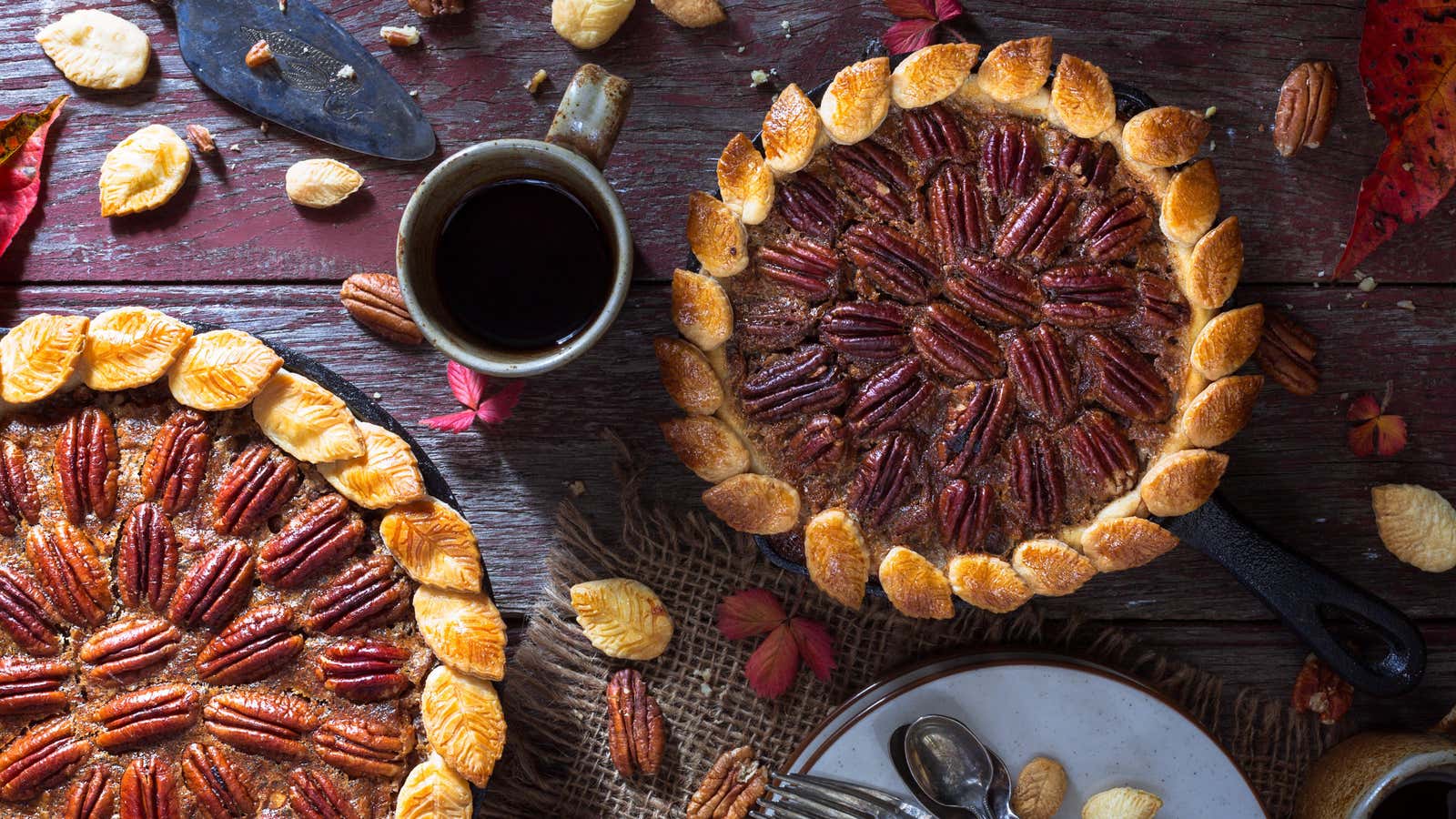Get Ready for Your Holiday Guest With Food Allergies

Inviting friends and family over for the holidays is stressful enough, but if any of your guests have food allergies, you might be especially worried. If you’re not sure if someone in your company has allergies, it’s time to stop reading and send a friendly message (individually or via BCC so no one feels offended) and ask.
What if you get a “yes” answer? Here’s what to know and do, according to Dr. Jeanne Lomas, board-certified allergist and director of Allergy & Immunology at WellNow Urgent Care .
Make Your Ingredients Clear
As Lomas noted, there are so-called “hidden” allergy triggers that the average cook may not be aware of at all, such as dairy and eggs, not to mention various types of nuts. Think about how much dairy or eggs you use in what you serve, from pies and cookies to mashed potatoes or mac and cheese – that’s a lot, I’m sure. What’s more, “many of these [dishes] are homemade,” she added, so they “do not come with standard packaging with a list of ingredients.”
Consider a simple solution: make some cute ID cards for each dish and place them next to all the products available in your meeting; Make sure the ingredients are clearly and accurately listed on each one.
Communicate Clearly
In addition to asking guests about their potential dairy allergies or restrictions, ask if they have any preference for a substitute or alternative. Guests with allergies will know more about what they can and can’t eat and what they like to eat, so they should be a good source of information for you.
Also ask your guest how comfortable they are with telling others about their allergies. It’s important to avoid cross-contamination, so this should ideally be a team effort, but everyone is different in terms of what they want to share with the group, so you may have to work around their privacy concerns. As for cross contamination…
Understand and avoid cross-contamination
If any of your guests have allergies, you should be especially careful about cross-contamination. This includes, according to Lomas, washing table surfaces, especially after food preparation, as well as thinking about other less obvious cross-contamination hazards.
“Some allergens, like shellfish, can be aerosol,” she said, “meaning food particles are released into the air as water droplets when food is cooked.” This often happens when you boil something like crab, lobster, or shrimp, and means that someone with a shellfish allergy is at risk of an allergic reaction simply from inhaling their allergen while it is cooking next to them. This is less likely with other foods such as nuts, but you should ask your guests about their specific allergies and ask what the ideal situation looks like for them. In some cases, Lomas said, it may be better for you to prepare these more dangerous foods before they arrive.
Stay on top
Your job as a host is to make sure the party is great for everyone, so while having adrenaline on hand is largely your guest’s responsibility, you should also stay at your best game. Keep an eye on your guests and be prepared to “call 911 if any symptoms appear,” Lomas urged.